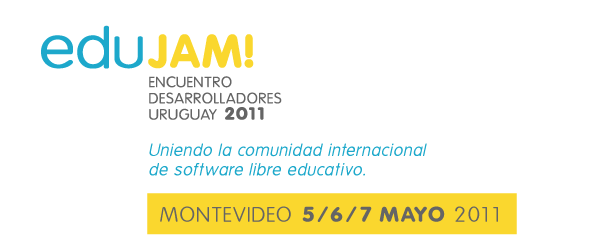
Tag Archives: education
Comments on Jeffrey James’s olpc critique
By Antonio M. Battro, OLPC’s Chief Education Officer
Jeffrey James wrote a critique of OLPC last year, proposing a balanced pattern of “sharing computers” among children (say 5 children per computer, in the US or the UK) instead of the olpc “one to one” model – one laptop per child (and per teacher). As an alternative to olpc, James proposes that “the number of students per laptop stands in roughly the same ratio as the difference in per capita incomes between the rich and the poor country” (p. 385). In his view, the OLPC idea to persuade the developing countries to exceed the standards of shared computers of developed countries seems “utterly perverse” (p. 386).
It seems that his reasoning will fail if we substitute mobile phones for laptops. We don’t frequently share mobile phones, and in many poor countries their number exceeds James’s predictions about ratios of income and information and communication technologies in the hands of people. It seems difficult to accept the universality of his model about “sharingâ€, because laptops, tablets and mobile phones are rapidly converging in new hybrids.
On the other side, his ideas for successful low-cost technology sharing are not clear. One of his options, for instance, is “to purchase Intel’s Classmate computer at a similarly low price and let [them] be shared by as many students as is thought desirable†(p.389). In Argentina, where the Classmate has been most widely adopted, the national government is deploying some 3 million Classmates to cover the whole population of students and teachers of the secondary public schools in the country, on a one to one basis – an idea first proposed by OLPC some 5 years ago. It would be interesting to know the current state of affairs of other options he references (Simputer, NComputing, sharing multiple mice). However the quoted references are from 2006 and 2008, and 3-5 years is a long time in the digital era.
From the point of view of psychology and education, some comments about “teaching†need careful revision. First, in his paper James never speaks of the need to give laptops to the teachers, despite the significant mass of teachers in the world. On the contrary, OLPC programs start in every country by giving a laptop per teacher and providing corresponding teacher training. We know that a) “digital skills†develop in stages from the very early ages, as a second language (Battro & Denham, 2007) and b) most teachers didn’t have the opportunity to early access to this new global environment in the poor and developing countries.
Documenting life on Earth – Abel and his XO
Last July 24, thousands of people all over the world submitted their videos to YouTube to share their lives, to participate in Life in one Day (La vida en un dia). This was an experimental bit of cinematography to create a documentary created entirely by YouTube users, capturing one day on Earth. Ten OLPC students from Peru took part, posting videos of their day for the project.
The film will be shown in theatres across the US this summer.
Here is the official trailer:
Sugar Labs sponsors bike racing team to raise awareness

Sugar Labs is sponsoring professional cycling team Team Chipotle, alongside Garmin, cervelo, and others, to raise awareness about the Sugar Labs mission.
The question now is: will there be Team Chipotle swag at the Montevideo eduJAM next month?!
What motivates education revolution?
Ian Quillen writes in Education Week about the varying motivations and sponsors of major global edutech projects. He notes the work of Plan Ceibal in Uruguay (with OLPC) and Kennisnet in the Netherlands (with OpenWijs and related programs), in addition to projects driven in part by for-profit corporations.
I will add a link to a free version of the story when I find one.
eduJAM! planned in Montevideo, May 5-7
This week a team led by Uruguay’s ceibalJAM! (including Gabriel Eirea, Pablo Flores, Gonzalo Odiard, Fernando Sansberro, and Andrés Ambrois) and including Walter, Adam, Christoph, and David Farning, made progress in organizing an education hacking summit in Montevideo, Uruguay.
The name of the event will be eduJAM! 2011 and will take place from Thu May 5 to Sat May 7. Please include the eduJAM! and ceibalJAM! logos below if blogging or writing about the event.
The main objective of the summit is to strengthen the free educational software developer community, with a focus on Latin America and the Sugar + olpc communities. The event will feature discussions around future directions and strategy, hacking on specific projects, and exchange of experiences among different deployments. Â The event is being planned in more detail on the sugarlabs wiki.

Registration is not yet open. Â Alongside the eduJAM! a couple of extra activities are being planned to make the most of the attendees gathering for the summit (we already know of people from 10 countries who will be there):
A “Conozco Uruguay Tour†is being organized by members of volunteer group RAP Ceibal and the OLPC community, between Sat April 30 and Thu May 5.
There will also be a Sugar code sprint starting Sunday May 8, right after the summit, expected to continue to Monday May 9 if not beyond!

Sponsors are welcome; Activity Central has already offered to be a sponsor, and the organizers are looking for other sponsors both at the national and international level. Â We hope you can join us and are looking forward to your comments and suggestions!



